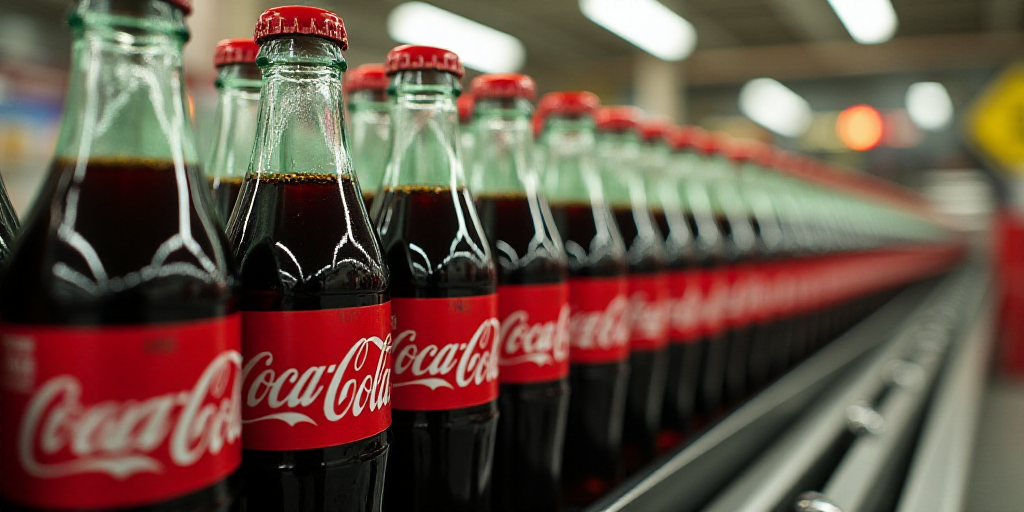Background and Relevance of Key Figures
President Donald Trump recently announced that Coca-Cola has agreed to use cane sugar in its beverages within the United States following discussions with the company’s representatives. This move is backed by Robert F. Kennedy Jr., the U.S. Health Secretary, who supports changing food and beverage industry ingredients to promote healthier alternatives.
Coca-Cola already offers cane sugar versions of its drinks in other markets, such as Mexico. Some U.S. grocery stores also sell glass bottles labeled as “Mexican” Coca-Cola, made with cane sugar.
Coca-Cola’s Response and Industry Implications
In response to Trump’s comment, Coca-Cola stated they will soon share more details about upcoming innovative offerings within their Coca-Cola product range. PepsiCo also announced that they would use cane sugar in their beverages if consumers prefer it.
However, industry analysts warn that transitioning the rest of Coca-Cola and other beverages and candies sold in the U.S., as well as adjusting formulations, would require significant supply chain changes. Corn syrup and cane sugar come from different producers, making the switch costly and complex.
Costs and Consequences
Ron Sterk, editor-in-chief of SOSland Publishing, explains that the food and beverage industries adopted corn syrup in the U.S. due to its cost-effectiveness compared to cane sugar.
- High-fructose corn syrup (55 JMAF) is used by the beverage industry, while bakers use 42%.
- The Corn Refiners Association (CRA) states that completely eliminating high-fructose corn syrup from U.S. food and beverage supply would reduce corn prices by 34 cents per bushel, resulting in a $5.1 billion loss in agricultural income.
Heather Jones, an analyst at Heather Jones Research, notes that if Coca-Cola were to fully switch from AF55 (high-fructose corn syrup) to cane sugar, the cost increase would likely exceed $1 billion due to current price differences and potential large increases in cane sugar prices.
The shift would negatively impact corn demand, likely increasing cane sugar imports since the U.S. cannot produce enough to meet consumer needs.
Key Questions and Answers
- Q: Why is Coca-Cola considering a switch to cane sugar? A: The change is backed by Robert F. Kennedy Jr., who advocates for healthier food and beverage ingredients.
- Q: What are the implications of this shift for U.S. farmers? A: The transition would reduce corn demand, potentially leading to job losses in rural areas and economic consequences for communities nationwide.
- Q: How costly would the switch be for Coca-Cola? A: Industry analysts predict the cost increase would likely exceed $1 billion due to price differences and potential large increases in cane sugar prices.






